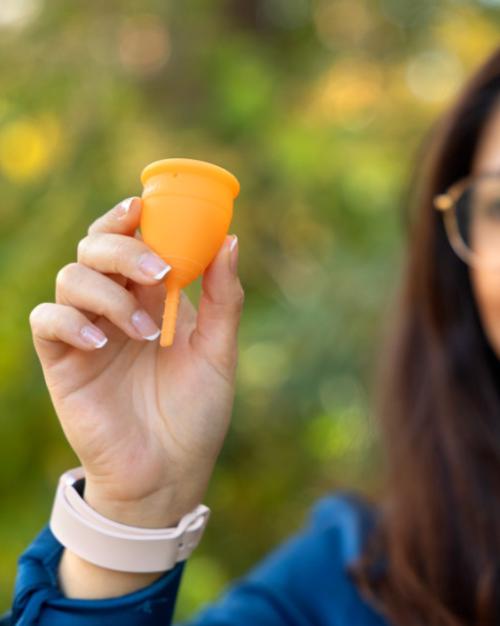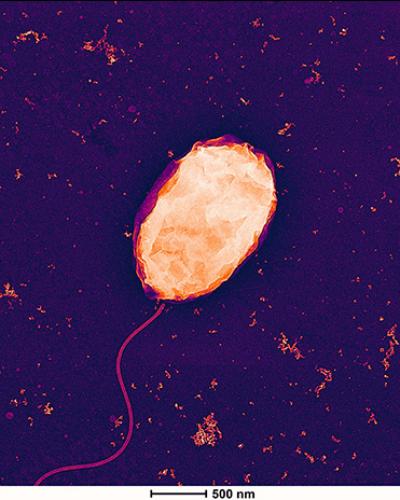Cornell researchers have created a new version of a microbe to compete economically with E. coli – a bacteria commonly used as a research tool due to its ability to synthesize proteins – to conduct low-cost and scalable synthetic biological experiments.
As an inexpensive multiplier – much like having a photocopier in a test tube – the bacteria Vibrio natriegens could help labs test protein variants for creation of pharmaceuticals, synthetic fuels and sustainable compounds that battle weeds or pests. The microbe can work effectively without costly incubators, shakers or deep freezers and can be engineered within hours.
The research published Feb. 13 in PNAS Nexus.
“It’s really easy to produce,” said lead author David Specht, Ph.D. ’21, a postdoctoral researcher in the laboratory of Buz Barstow, Ph.D. ’09, assistant professor of biological and environmental engineering in the College of Agriculture and Life Sciences.
Read the full Cornell Chronicle article.





